Did Senators Grill NSA Chief? Mostly No
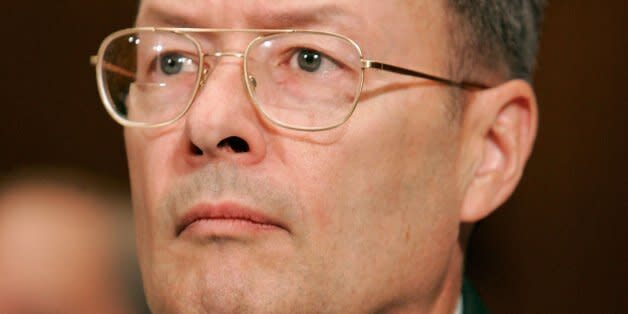
Gen. Keith Alexander defended the National Security Agency and derided the press in the Senate Intelligence Committee's first public hearing since Edward Snowden's revelations began.
The NSA chief said that "sensational headlines" have fooled the public into believing the agency invades Americans' privacy, and he suggested that the Snowden leaks have already pushed the agency to change the way it operates. Nevertheless, he said, NSA employees will not change their "ethos."
Alexander and Director of National Intelligence James Clapper were speaking before a mostly friendly meeting of the Intelligence Committee chaired by Sen. Dianne Feinstein (D-Calif.). The hearing was called to discuss Snowden's disclosures and whether they demonstrated any need for reform.
Sen. Ron Wyden (D-Ore.) was one of the few senators to call outright for major changes to the way the NSA does business.
Love HuffPost? Become a founding member of HuffPost Plus today.
"The leadership of your agencies built an intelligence collection system that repeatedly deceived the American people," Wyden said, referring to repeated misleading statements from both Alexander and Clapper to Congress and the public about the NSA's programs.
"Now that these secret interpretations of the law and violations of the constitutional rights of Americans have become public, your agencies face terrible consequences that were not planned for," Wyden said.
But anyone who expected the intelligence agency leaders to receive a grilling would have been sorely disappointed on Thursday. As the meeting began, Feinstein suggested she would be open to minor reforms far less ambitious than a package proposed by Wyden and others on Wednesday, and she gave her full support to the NSA.
"It is my opinion that the surveillance activities conducted under FISA [Foreign Intelligence Surveillance Act] and other programs operated by the National Security Agency are lawful, they are effective, and they are conducted under careful oversight," she said.
The chairwoman said she would be open to increasing the NSA's required reporting to both Congress and the Foreign Intelligence Surveillance Court, as well as requiring Senate confirmation of the agency's director. But she also argued that the bulk collection of Americans' phone call records did not really qualify as "surveillance."
Feinstein and Sen. Saxby Chambliss (R-Ga.), the committee's ranking Republican who called Snowden "a hero to our enemies," peppered their remarks with references to the Sept. 11 attacks and the recent assault on the Westgate shopping mall in Nairobi, Kenya. Other senators, including Dan Coats (R-Ind.), said that they had no questions for the nation's top spies despite months of revelations about the NSA's highly controversial actions.
Instead it was the press and public, many committee members and intelligence leaders agreed, that were at fault. Coats said the situation was "very frustrating."
"What is the consequence of trying to convince a public that apparently doesn't want to be convinced? What is the consequence in terms of loss or compromise of operations, loss of life of those who have dedicated their life to trying to protect Americans? What are we losing by having to go through this tortured exercise of continuing to get feedback?" Coats asked rhetorically.
In joint prepared remarks, Clapper and Alexander noted President Barack Obama's appointment of a review panel, openness to creating some sort of civil liberties advocate position before the FISA court, and efforts to declassify intelligence programs.
Employees at the NSA and other intelligence agencies, Clapper said, "care just as much about privacy and constitutional rights as the rest of the public."
It was left to just a handful of senators, then, to ask the intelligence leaders sterner questions. Wyden pressed Alexander on whether the NSA has ever tracked Americans' cellphone locations. As a member of the Senate Intelligence Committee, Wyden has access to classified information, so his question might suggest that the NSA might have collected such information at some point.
Sen. Mark Udall (D-Colo.), meanwhile, asked Alexander whether the agency wants "the phone records of all Americans."
"I believe it is in the nation's best interest to put all the phone records into a lockbox that we can search when the nation needs to do it, yes," Alexander replied.
Wyden and Udall were both cut off in their questioning by strict time limits that Feinstein imposed. But Clapper and Alexander may face more questioning next week, at a hearing of the Senate Judiciary Committee on Wednesday. That panel's chairman, Sen. Patrick Leahy (D-Vt.), has introduced a bill aiming to rein in the NSA's activities.
Sen. Dianne Feinstein (D-Calif.)

Sen. Mark Udall (D-Colo.)
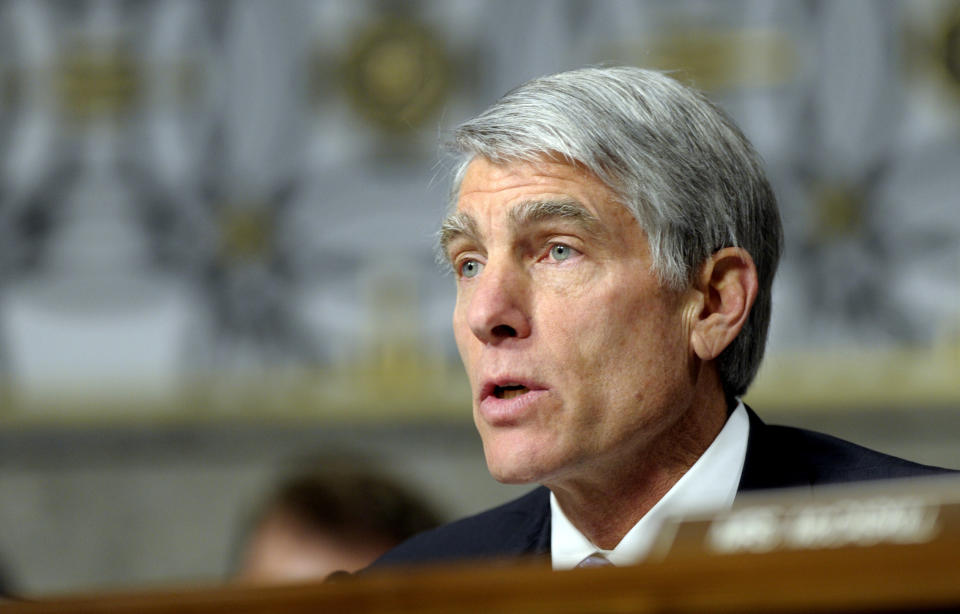
Senate Majority Leader Harry Reid (D-Nev.)
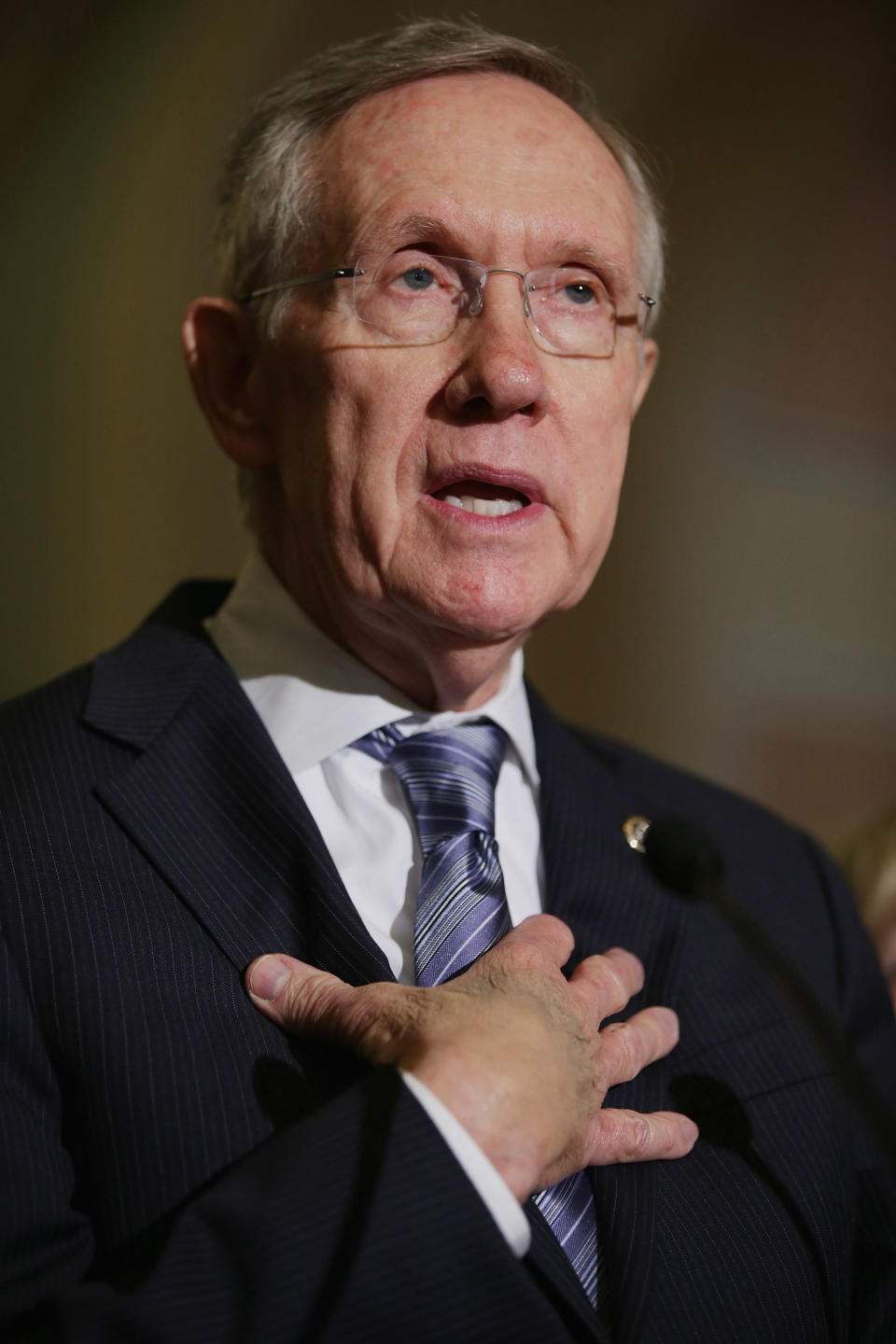
Sen. Jeff Merkley (D-Ore.)
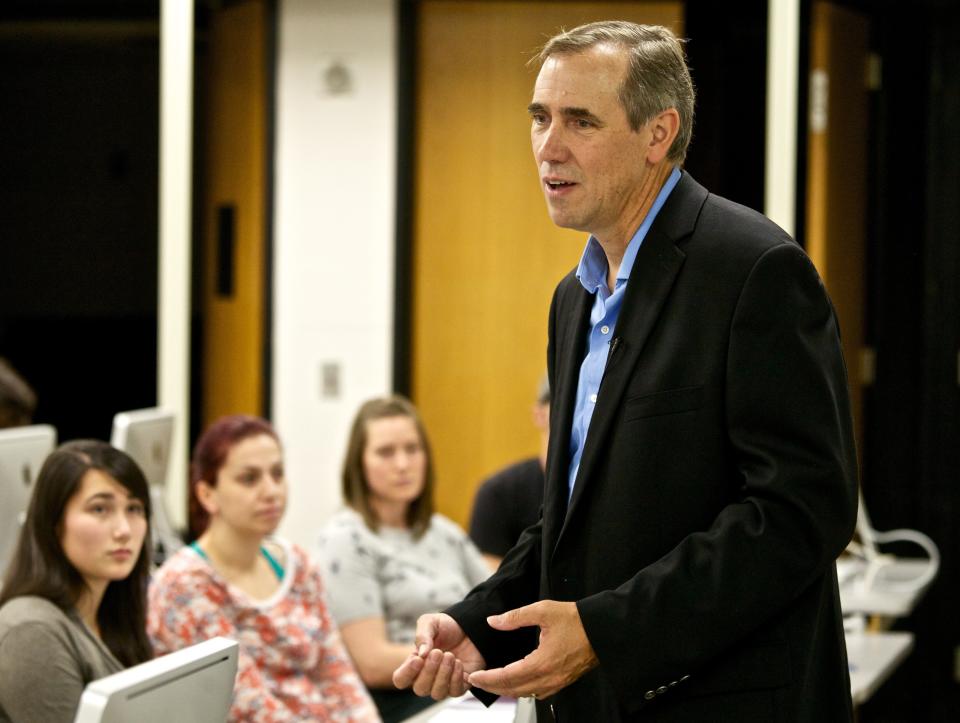
Sen. Lindsey Graham (R-S.C.)

Sen. Saxby Chambliss (R-Ga.)
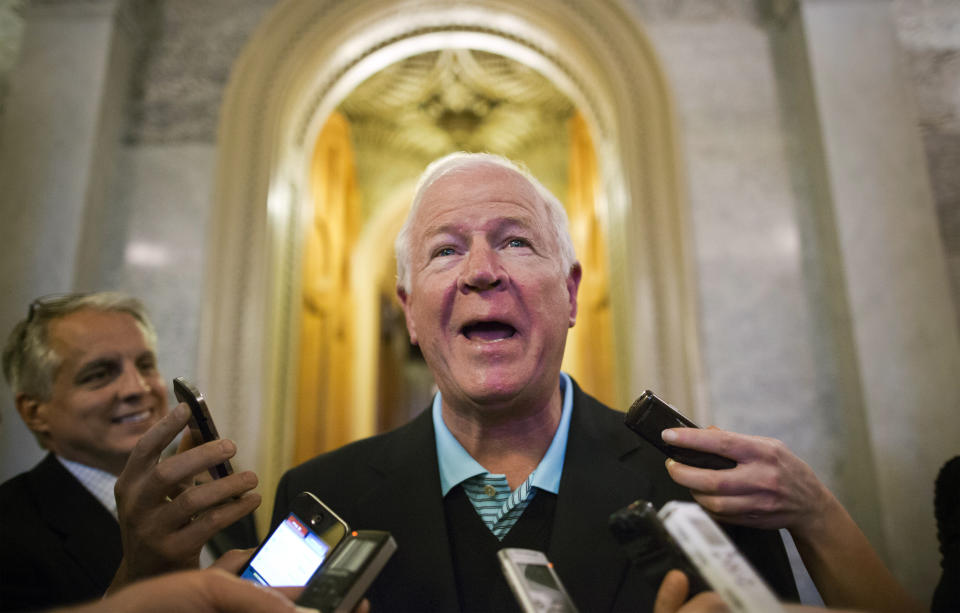
Sen. Bob Corker (R-Tenn.)
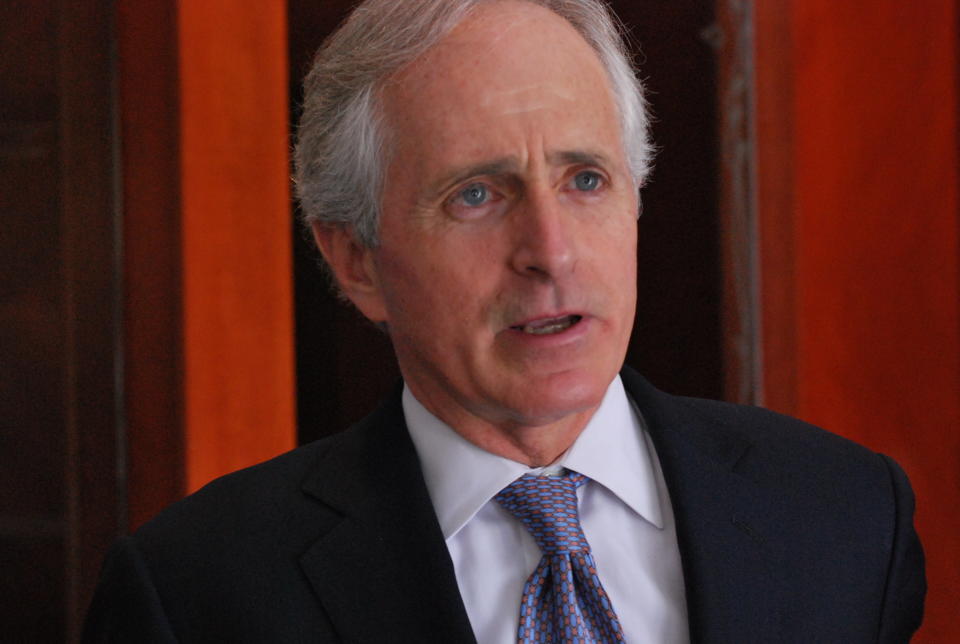
This article originally appeared on HuffPost.

